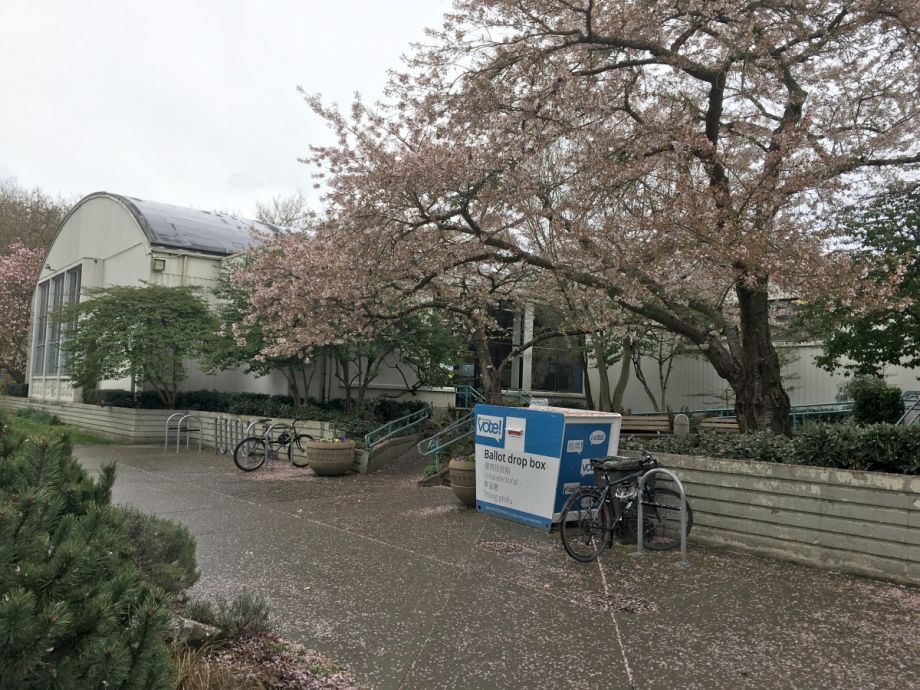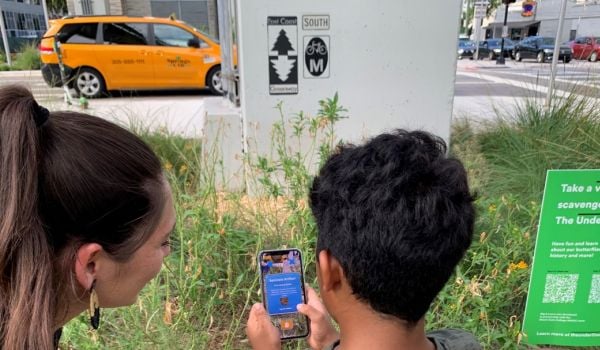Seattle’s Green Lake Community Center is in disrepair. The gym floor is buckling along the walls. The kitchen has been closed for months because there’s no money in the current city budget to bring it up to code. Buckets are placed at strategic points throughout the building to collect the rainwater that drips from the leaky roof.
As a population boom puts pressure on public facilities like parks, pools and more, the city of Seattle has identified eight community centers that need extensive repairs or total replacement, at an estimated cost of $62 million ($25 million for Green Lake alone). A parks levy for maintenance and operations, which passed narrowly in 2014, provides just $4.3 million a year to maintain and repair all 26 community centers across the city.
The budget gap has prompted the city’s parks department to consider an option that is close to anathema in liberal, pro-tax, anti-corporate Seattle: a public-private partnership, not with a for-profit company but a nonprofit. The idea is a group like the YMCA would provide capital for building and repairs and then operate the center. (The city has not formally reached out to the YMCA, but because it operates community centers in many other cities, both proponents and opponents assume it would be a leading contender to operate Green Lake.)
Although many cities have partnered with corporations in various ways to raise revenue, such deals are virtually unheard of in Seattle, where even the prospect of partnering with a widely respected nonprofit is being labeled “privatization.” See the Seattle Times opinion piece titled “Don’t Privatize Seattle’s Favorite Community Center.”
In response to the still-nascent proposal — which Jesús Aguirre, Seattle parks department director, first brought up at a community meeting in March — a group of Green Lake Community Center users formed a new organization, Save Green Lake Community Center and Evans Pool, to keep the city from shifting operations of a facility they say should be funded out of existing city dollars. “[We were] just appalled that the city would take [the community center] out of public management and effectively give it to a private nonprofit,” says Save Green Lake cofounder Susan Helf. “Providing recreational facilities is a core mission of the city, and it’s inappropriate for the city to transfer that over to a private organization” — particularly one, Helf says, that may pay its workers less than city employees earn, charge higher fees to users, or restrict access to homeless people who currently use the showers at the pool for free.
Aguirre disputes the notion that partnering with a group like the YMCA amounts to privatization. “Privatization would be, let’s give them the keys and they can build a restaurant, they can do whatever they want, as long as they give us some money,” he says. “We’re talking about some kind of operating agreement where we identify an organization that shares our values and continues to provide the same service that we’re providing, but does it better.”
Aguirre says such a partnership would allow the city to close the gap between what tax revenue provides and what the community demands. “There’s always going to be a gap. My challenge is, how do I try to bridge that gap in creative and innovative ways,” he says. Other options Aguirre says the city will consider, if this idea falls through: increasing the levy to 75 cents per $1,000 of property value, which the city can do without another vote; financing a new community center through bonds; or focusing levy dollars on Green Lake at the expense of community centers elsewhere in the city.
Aguirre notes, with some exasperation, that the city already partners with other nonprofits; the Woodland Park Zoo Society runs Seattle’s zoo, for example, and the Associated Recreation Council runs athletics programs and preschools in community centers across the city, including at Green Lake. Opponents point to some of those same deals as examples that make them wary — such as a controversial partnership that allowed a private tennis club in a park in northeast Seattle, or the zoo itself, which engaged in a yearslong battle with the surrounding neighborhood over its plans for a multistory parking garage.
Aguirre refers to the model as a “public-benefit partnership,” and says he would never agree to a deal that took away services or made them less accessible to city residents. “Before we enter into any kind of agreement, there’s going to be a clear list of some non-negotiables,” he says. “You can’t create a situation which residents get less than they were getting before, and there’s got to be some community interest being served.”
Helf and her organization want the city to fund community center renovations out of the parks levy, or find the money elsewhere. “The city’s rolling in money. Where’s the money going?” Helf asks. “[Privatization] is the trend now in recreation and parks, and it may be good in small cities that can’t afford a pool, but it has no place in an extremely rich city like Seattle, where money is pouring in.”
Ultimately, city officials say, they won’t force a partnership with the YMCA or any other group if a community doesn’t want it. “What I’ve heard universally from the community that uses the [Green Lake Community Center] is that ‘We don’t trust a partnership,’” says City Council Member Mike O’Brien, who represents the district that includes the Green Lake center. “If the community is flatly opposed to it, I’m fine with that. We won’t do it.” However, O’Brien adds, the money to fund community center improvements has to come from somewhere. “The money’s not just going to magically appear to pay for this, so let’s stay flexible,” he says.
In the long term, partnerships with outside organizations may be unavoidable if the city wants to not only maintain what it has, but expand with its growing population. Putting off a decision this budget cycle may just delay the inevitable.
“We’re going to have to ask, for example, what do the community center needs of the future look like?” Aguirre says. “I’m not being stubborn and saying we have to do this, but in my view, we need to take a step back. We have a system that we’re responsible for. … We have this problem to solve: How do we meet the needs of that system? I think we need to look at partnerships [to do that]. And our charge as the public agency will be to make sure that the overall benefit is greater to the public than it would be without that partnership.”
Correction: This article has been edited to reflect that Woodland Park Zoo did not build a multistory parking garage that was opposed by the surrounding neighborhood.
_200_200_80_c1.jpg)
Erica C. Barnett is a Seattle-based writer who covers city politics and policy in Seattle and beyond for various online and print publications and her blog, The C Is for Crank. She cofounded PubliCola, a state and local politics blog. Previously, she was a staff writer and news editor at The Stranger, a reporter for Seattle Weekly, and news editor at the Austin Chronicle.
















